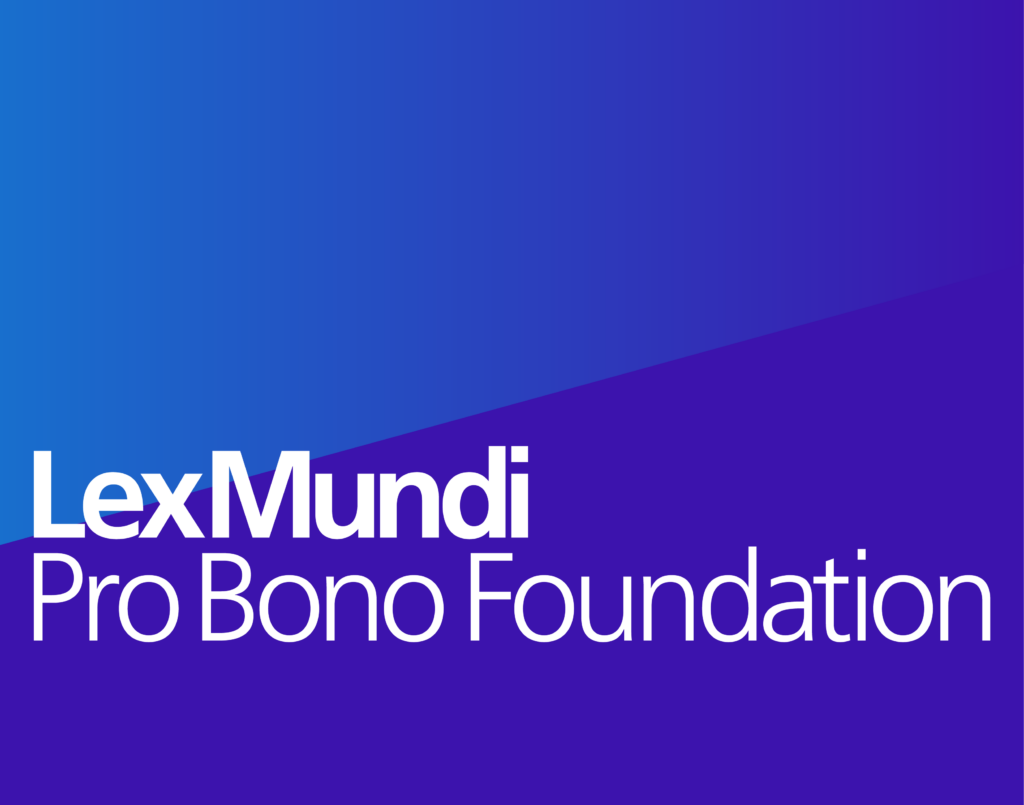As COVID-19 continues to ravage some countries, others seem to be turning a corner. Governments around the world are being tested, and whether a country is still fighting to contain outbreaks or has found a path toward easing restrictions, without active measures to ensure businesses survive and thrive post-pandemic, economies will continue to suffer.
In times of crisis, government support is imperative to economic stability, confidence, and growth. “While quarantining and social distancing is the right prescription to combat COVID-19’s public health impact, the exact opposite is needed when it comes to securing the global economy,” according to the International Monetary Fund. “Constant contact and close coordination are the best medicine to ensure that the economic pain inflicted by the virus is relatively short-lived.”
Impact Matters
Prior to the pandemic, impact enterprises were reporting healthy growth within the small business landscape. In fact, just in the U.K., the sector was contributing around 6 billion pounds to GDP, while small businesses account for 44 percent of all economic activity in the U.S. Now, close to 42 percent of small and growing businesses are at risk of failing in the next six months, an estimate that is consistent across all regions. Since the beginning of the crisis, more than 70 percent of start-ups have had to terminate contracts with full-time employees, and researchers at Harvard estimate that nearly 110,000 small businesses in the U.S. shut down permanently between March and May.
Marginalized and vulnerable communities are hit hardest by COVID-19 and vital social impact organizations that serve them are at risk. These organizations create jobs, provide access to essential goods and services, extend emergency support, and foster innovative solutions to local problems in underserved communities. Social entrepreneurs were able to quickly pivot their work in response to the pandemic to produce personal protective gear and transform ride-share operations into grocery delivery services when traditional options were in short supply. The crisis spawned so much creativity that the UNAIDS launched an online Coronavirus Innovation Map, a visual database of hundreds of solutions from around the world tackling COVID-19. Without these social entrepreneurs, hard-to-reach communities could be deprived of essential services.
Help is Available
Despite the trillions of dollars of emergency response funds deployed by governments, very little of it is reaching the social impact sector. This is partially due to a lack of guidance around what kind of support social impact organizations might qualify for and how to access it. Nonfinancial support organizations like the Lex Mundi Pro Bono Foundation, an affiliated nonprofit of Lex Mundi’s top-tier independent global law firm network, can help.
The Lex Mundi Pro Bono Foundation engages Lex Mundi member firms to provide pro bono legal services to social entrepreneurs around the world who work to bring about high impact and sustainable change. As governments roll out support measures intended to throw companies a lifeline, Lex Mundi asked its member firms to help cut through the confusion by providing a snapshot of these policies across 104 jurisdictions. This Government Support Measures Report provides a detailed summary of the different relief measures planned and implemented in each jurisdiction, addressing items such as banking and finance, labor and employment, tax, and other important areas. It allows users to compare information from multiple countries in a side-by-side customizable format.
Using Lex Mundi’s Report as a backdrop, the World Economic Forum and the Lex Mundi Pro Bono Foundation convened three Lex Mundi lawyers from key jurisdictions to hold a panel discussion around government support available to social enterprises. On Tuesday, June 30, 2020, Mariana Arrieta Maza from Basham, Ringe y Correa, S.C. in Mexico, Paras Shah from Bowmans in Kenya, and Shahana Chatterji from Shardul Amarchand Mangaldas & Co in India, came together to present an overview of the support mechanisms in their respective countries and answer questions on how to access it. The program was an example of the assistance offered by the COVID Response Alliance for Social Entrepreneurs, an alliance comprising more than 50 leading global supporters of impact organizations, led by the World Economic Forum, to help social impact enterprises maneuver through this crisis and beyond.
The COVID Response Alliance came together in May to help social entrepreneurs access the right financial and nonfinancial support at the level and speed necessary during the pandemic. The global organizations that encompass the Alliance collectively support more than 17,000 social entrepreneurs in more than 190 countries, delivering benefits to an estimated 1.5 billion people.
The Alliance brings together long-time allies of social impact enterprises, like the Lex Mundi Pro Bono Foundation, Schwab Foundation, Ahsoka, Skoll, Echoing Green, and many others to provide holistic support to organizations as they work to rise above the devastation brought about by COVID-19. The support includes assessing and highlighting the needs of social enterprises; expanding available financial backing; coordinating nonfinancial support such as social procurement, legal services, and technological assistance; and advancing joint communication efforts to advocate for fiscal and policy interventions. The Alliance also utilizes covidcap.com, a searchable database of emergency funds and nonfinancial support available to nonprofit and for-profit entrepreneurs during COVID-19, containing global capital relief offerings worth more than USD 1 trillion.
Policy Considerations
Beyond helping social enterprises navigate available support, Alliance members are also driving advocacy initiatives to help shape policy around impact enterprise as countries adopt and adjust their laws post-pandemic. This effort is geared toward urging governments to adopt policies and practices that enable and encourage social enterprises to flourish.
One such effort by Alliance member Catalyst 2030 is the report Getting from crisis to systems change: Advice for leaders In the time of COVID, the result of three months of productive collaborative co-creation by more than 1,600 social impact organizations. “In this time of crisis, we know that decisions made in the next few months by a small group of leaders will have massive consequences for all of us, starting with whether the next round of economic bailouts and stimulus comes with meaningful requirements for beneficiaries to protect jobs and vulnerable suppliers, tackle racial and other inequalities, and operate in greener ways. Though we recognize that we do not have all the answers, we believe the ideas [presented] can help our leaders to [make] more informed decisions [that] enable social entrepreneurs to maintain and expand the benefits they deliver for society.”
The pandemic revealed a vulnerability in the social impact ecosystem. To ensure sustainability moving forward, social entrepreneurs and intermediaries need to work together to implement a coordinated strategy for longevity in a greener, more inclusive economy.
Outlook
COVID-19 will continue to affect businesses around the world long after lockdowns and travel restrictions are lifted. Social enterprises are facing significant challenges, limiting their ability to respond to the crisis. Nevertheless, impact entrepreneurs remain optimistic and inspired. In order to forge a reset of our economy where health care, education, resources, and sustainable livelihoods are prevalent, social impact innovators will be essential. This crisis has opened the door for systemic change beyond the pandemic where social enterprise can be central. If the social impact ecosystem can harness this moment, the scale of progress could be unlike anything seen in decades.
First published in See Change Magazine






